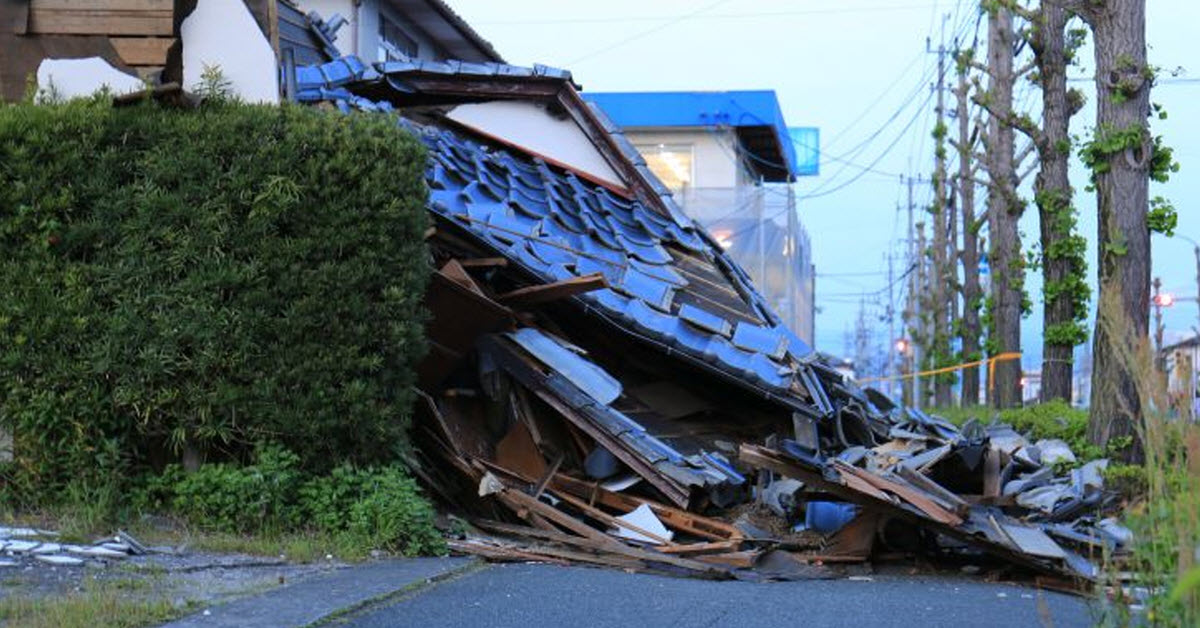Some natural disasters take a while to develop and you may see them coming from far off. One disaster that occurs suddenly and without warning, however, is an earthquake. Even a mild earthquake can cause damage but when it is severe and lasts for a minute or longer, the damage can be catastrophic. The threat of an earthquake exists in all parts of the world but those that are near a major fault line are more likely to experience such a problem.
The most important thing to do to prepare for an earthquake is to ensure that everybody in your family is on board with the family plan. Take a look around your home and identify any problem areas where you may spend time on a regular basis. You should also identify any areas that would provide cover in the event of an earthquake, such as against an interior wall or under a sturdy piece of furniture.

Having supplies on hand is an important factor for preparing for an earthquake as well. In most cases, it would be sufficient to have at least three days of emergency supplies on hand including food, water, communication devices and temporary shelter. These items should be made available and you should be ready to take them on the go if necessary. You should also ensure that any important documents are kept in a location where they can be grabbed easily if you need to flee the area.
When an earthquake strikes, it is important not to panic. Don’t run outside and don’t try to seek shelter in a doorway, because it doesn’t provide adequate protection. Immediately drop to the ground on your hands and knees so that you are not knocked down by the force of the earthquake. Use your arms to protect your head and neck from anything that might be falling. If you are in an area where there is an imminent danger of falling objects, move carefully and quickly to a nearby safe area.

After the earthquake stops, look for a path to get to a safe area. Don’t remain inside but rather, go to an outside open-space that is away from any danger. If you are trapped in your home or any other location, remain calm and still so that you don’t create dust that could make you sick. Call or send a text message for help. Be aware of the possibility for aftershocks that could cause additional damage.
Earthquakes are a threat in any area and should be taken seriously. By preparing in advance, both physically and mentally, you are more likely to come out of such a situation safely.
